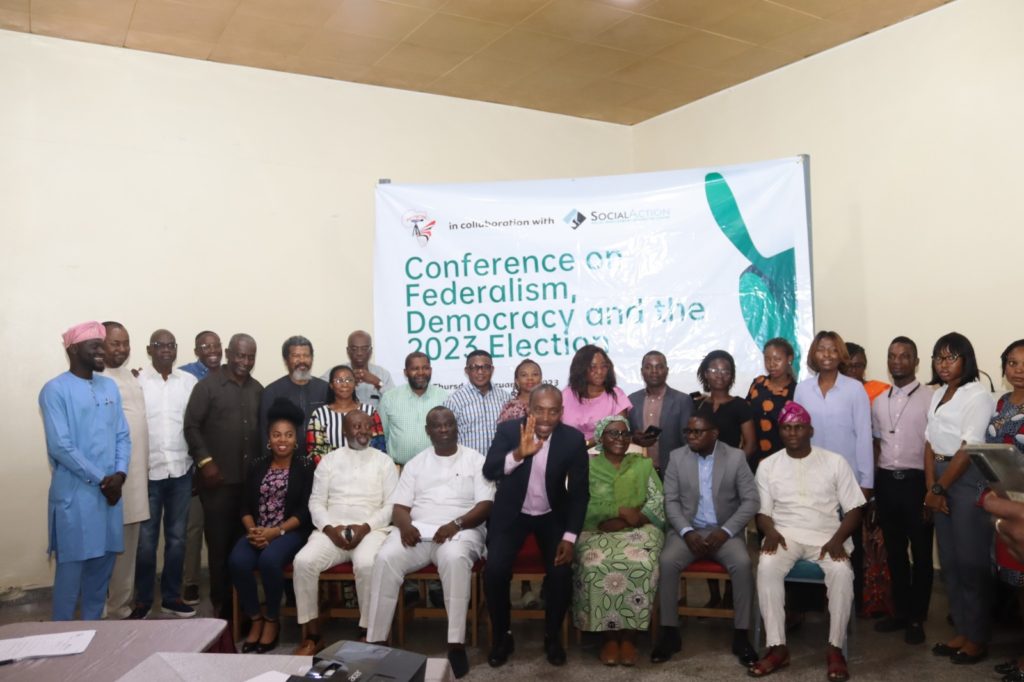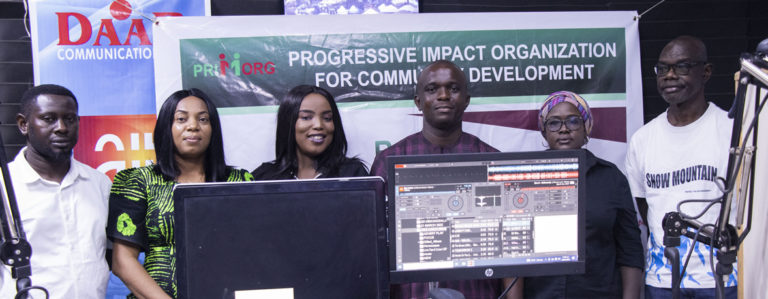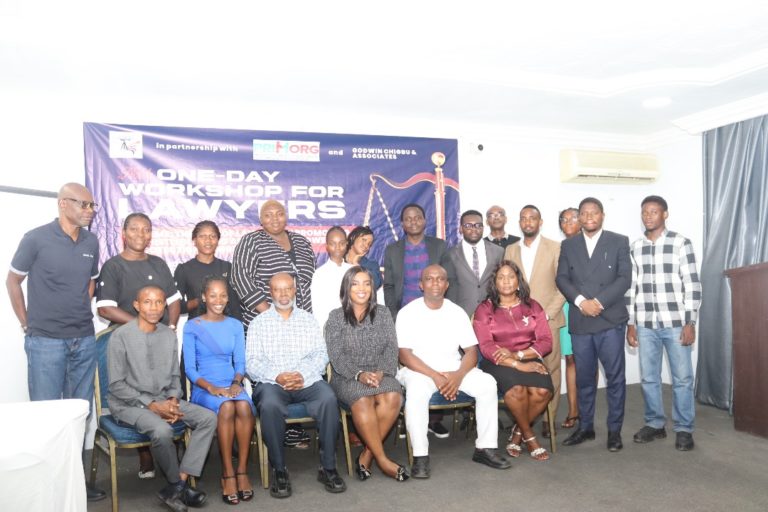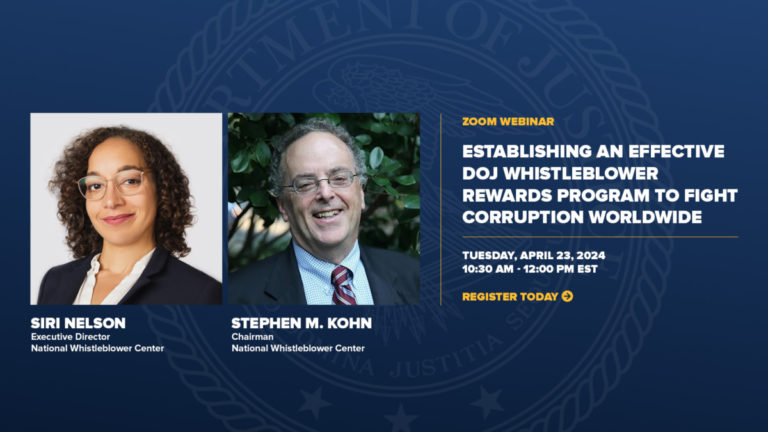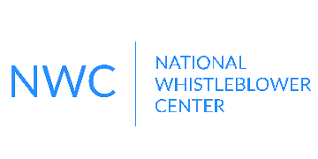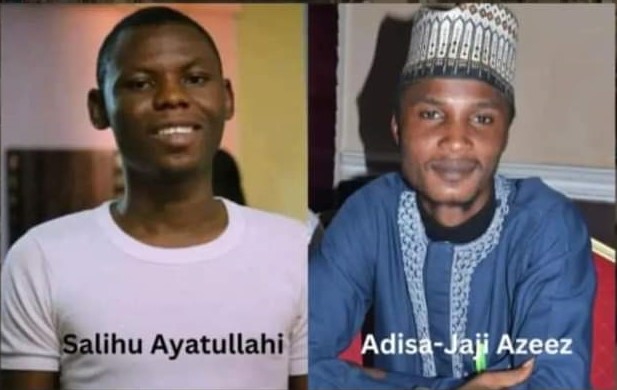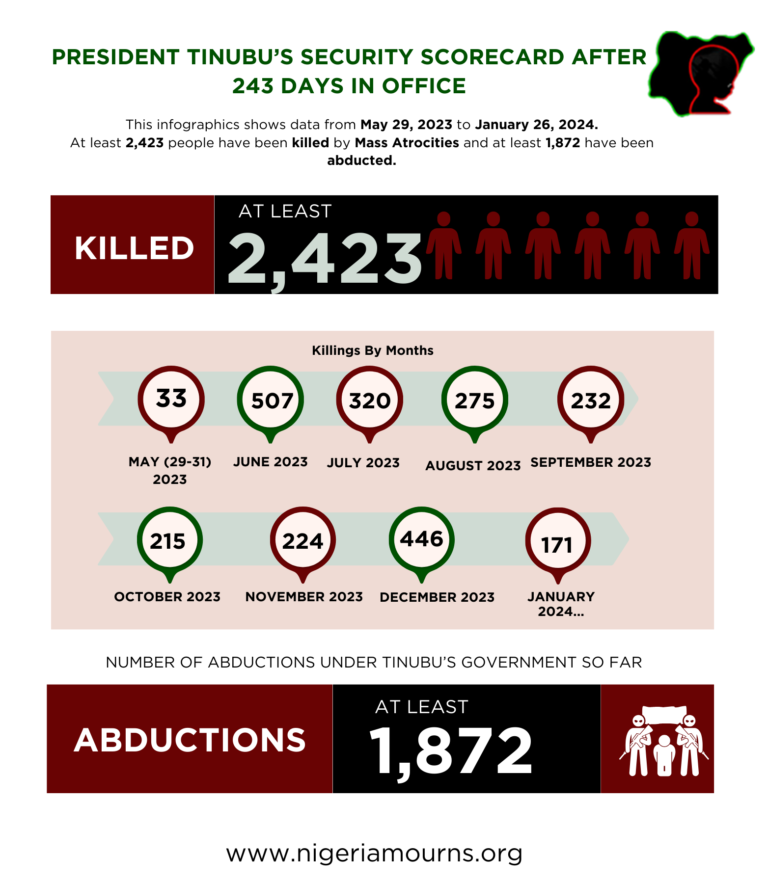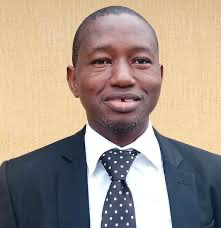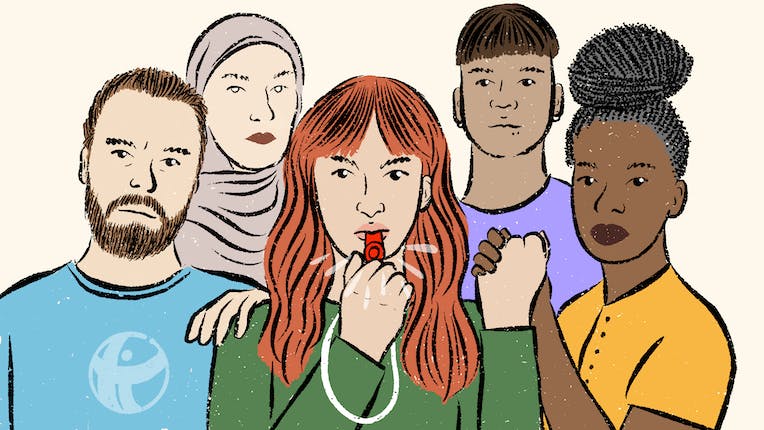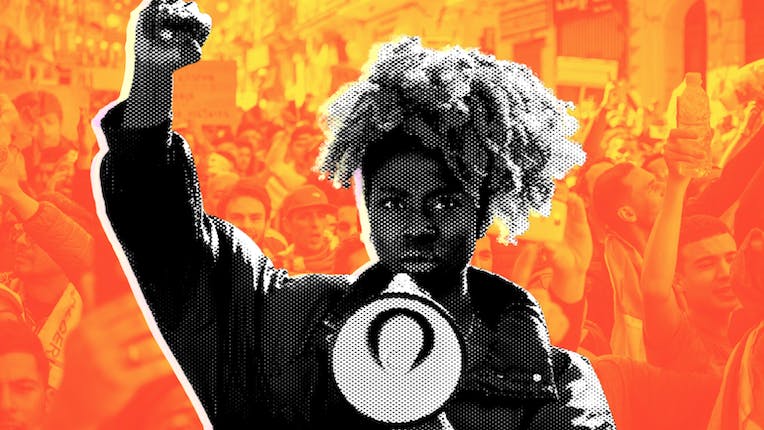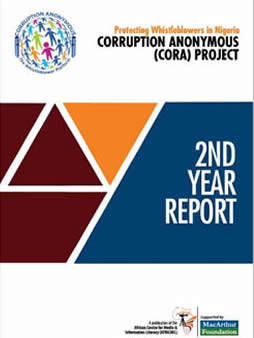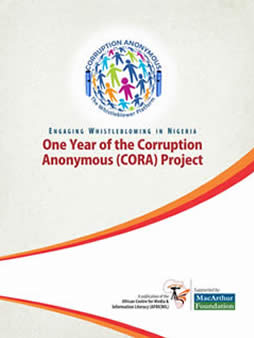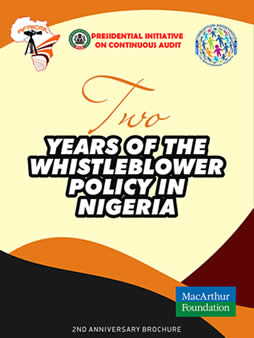By Nnenna Okonkwo
African Centre for Media and Information Literacy (AFRICMIL), in collaboration with Social Development Integrated Centre (Social Action), organized a conference in Abuja on federalism, democracy and the way forward ahead of the 2023 general elections.
In his welcome address, Dr. Chido Onumah, Coordinator of AFRICMIL, said the pre-election conference would lead the discussion with a view to shaping and contributing to national dialogue and the social mobilization that meets the demands for the progress of the country. “This conference provides space for serious and constructive dialogue for scholars, thought leaders of the civil sphere, youth workers, politicians, and social activists to make relevant contributions to promoting progressive perspectives on democracy, federalism, and nation building in Nigeria”. He added that hopefully at the end of the conference, there would be a shaped conversation in the run-up to the general election, redefinition of a new vision of nationhood and citizenship and the protection of the residency rights of all people wherever they choose to call home.
Isaac Botti, senior program officer, Social Action, in his goodwill message, emphasized the importance of the deliberation as he explained that agenda needed to be set on how the nation will move forward since election after the election. He also urged the participants present at the occasion to engage in the discussions as there is a need to restructure the system to tackle the problems the country has faced over the past two decades. In his words “we want a system that will enable collective ownership of resources for the betterment for all”.
Director, Abuja School of Social and Political Thoughts, Dr. Sam Amadi, stated that Nigeria is in her worst period of her economic history. He further emphasized that the situation of the country looks hopeless unless citizens can quickly salvage the situation. Speaking on democracy and the future of federalism, he identified three crises currently endangering Nigeria’s democracy. They are nationality, state and religion, and value crisis. He stated that true federalism needs to be adopted as it will help mitigate the tragedy of Nigerian malfunctioning states while raising the cultural and social strength of the country.
Dr. Amadi said Nigeria needs more of reconceptualization than restructuring as the future of federalism lies first in the transformation of the Nigerian state.
Speaking on identity politics, Dahiru Majeed, a newspaper columnist and public affairs said the principal ingredient of federalism, which is democracy, is lacking as Nigeria’s federalism is erected on a flawed foundation that has continued to haunt the country. He emphasized that democracy has not been able to yield dividends in terms of good governance because of the dominance of the majority by the minority. He advised that what the country needs is a political leadership that understands the oneness of the Nigerian people, and a leader that will administer Nigeria as one constituency in line with the tenets of a democratic citizenship.
Hauwa Mustapha, policy analyst and social advocate, in her presentation, said that a sense of
deprivation and exclusion has been created in the minds of Nigerian citizens as a result of a failed
democracy. According to her, “People do not have a sense of belonging because we have been deprived of enjoying what we see as commonwealth. The common resources are no longer common, admissions are no longer free”. She further expressed the need for restructuring in our democracy by reactivating the social orientation of the citizens. In her closing remarks, she urged the government to ensure that control of the economy is not left in the hands of the minority and that resource control should be done in a way that will help refine the country’s federalism.

